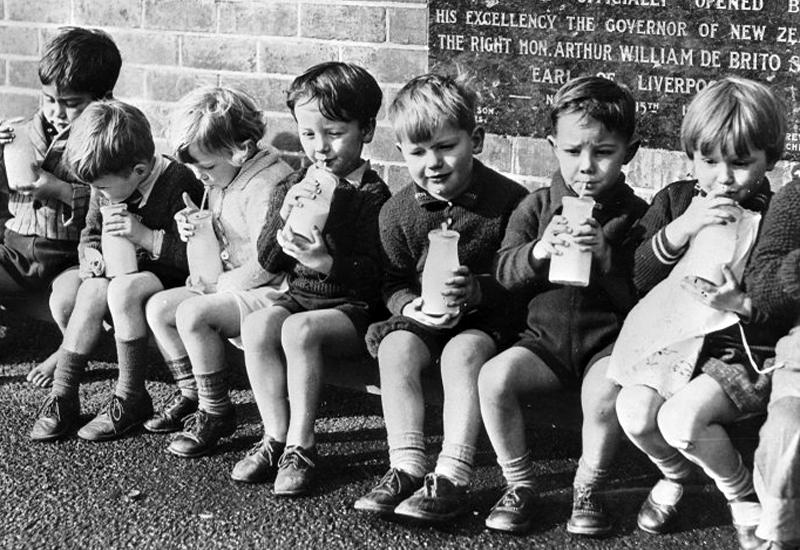On top of the Depression that impacted most of the 1930s, life for some at the Port was already tough financially. Many of the trades were seasonal or shift-based, and there was little or no social security/welfare safety net to help in the periods where the breadwinner (almost always the male/father) had no income. Many of the interviewees in this exhibition can recount tough times and many things they had to go without, or that their parents did, to strech their income to get by. In this tight-knit community it was also common for families or local business to do what they could to help others. Jim Blundell recalls his mother routinely cooking breakfast for men who came looking for odd-job work; Kevin McCarthy remembers that fisherman like Jimmy Picone who lived on his street ‘practically kept the street fed’ – providing odd-jobs on his boat and paying in generous amounts of fish for the families.
Local merchants sold cheap coal for heating during winter, and it was common for the railway-men, when the coal ships were being unloaded, to purposely shunt (knock) coal over the side of the rail cars for local kids to collect and take home. Port boy Alan Goss recalls attending a wedding during these years that was noticeably extremely sparingly catered-for due to the times, but perhaps speaking with an attitude and spirit of the era and place, he also insists that these (circumstances) were all they knew at the time and they just “got on with it.” Many Portities can look back now and credit these hard times with teaching them lessons that have been invaluable over their lives; helping build character or a sensibility and respect for money that some feel is lacking in today’s generation.










